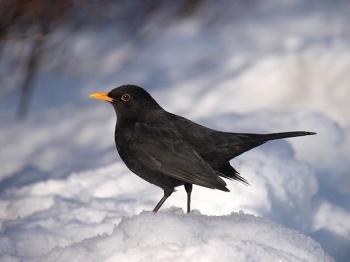“You feeling better?”
She wasn’t, but I most certainly could have said something better. Through her tears and sniffles the otherwise confident and self-assured ma’am treated me kindly, patiently, as if indulging a clueless child – “Not really. My father died this morning.”
Bereavement counseling, unfortunately, is not an in-flight service on Cathay Pacific. I doubt I will ever be able to encounter a less ideal environment to grieve in the wake of a fresh wound. She was alone and thirty thousand feet above Earth, with nowhere to go in Economy Class and surrounded by tired, thirsty, hungry strangers. It was also a bit cramped for both of us. Restricted spaces aren’t ideal for holding hands or hugging, for offering reassurances of sympathetic company. We managed, fortunately. The awkwardness might also have been because of the bizarre circumstances that had brought us together. Our flight had been delayed, enough time for her to receive the heartbreaking news at Hong Kong International before takeoff. On the plane I sat next to a young girl when her father behind her hastily asked if I minded swapping seats: surely no doting papa wants to be separated from his girl for a fifteen-hour flight. I cooperated, moving to sit in the seat behind my booked row.
Shuffling in late to join me would be, ironically, a different daughter who had just lost a different father.
Who are we except our relationships? In the past, people declared themselves as sons of their fathers. Buddhists declare themselves as disciples of a school or master. In this world of interconnection, there is no one who does not share her or his life with someone else. Even a yogi or monastic high up in the mountains experiences the most precious relationship of all: the love, compassion and friendship between a sentient being and the Buddha. While we never lose our relationship with Infinite Light, human ties are far more fragile and impermanent. That is when, as classic Hua-Yen philosophy tells us, the trivial becomes crucial, and the mundane is revealed as sacred all along. Being silently present amidst the crying. The occasional glass of water to relieve the sore throat. Quiet moments in each other’s subdued presence, some small talk about work and life – it is the seemingly meaningless, everyday things done to pass the time, those fifteen hours stuck together high in the empyrean, that become excruciatingly important.
It would be arrogant to have felt like her confidante in any way, yet it was the only role that any sensible individual could have fulfilled at the time. It is one of those occasions when commonsense obligation and a deep sense of unworthiness become one, indistinguishable.I look forward to visiting her up north.
What else could have been done? What else can we do in a world where many lives change because one heart stops beating? The answer is simple: in the face of expressed grief, ??ntideva’s wisdom comes to mind. Force yourself to face up to the truth of life, which is death. Buddhism, in many ways, developed out of its founder’s encounter with death. Observe the tumultuous, contradictory emotions and allow the voices of self-doubt and insecurity to echo inside you. Let the fragility and vulnerability to seep into your bones. Feel others’ pain and reflect on your own, and the pain and closing that will inevitably come to every single sentient being. And when one remembers the presence of the Buddha, soak up the agony of seven billion hearts on this planet. Bear witness to it.
Witness to it.
That is, in the end, the Buddhist way.
Pack up all my care and woe,
Here I go, singing low,
Bye bye, blackbird...
Make my bed and light the light,
I’ll arrive late tonight,
Blackbird, bye bye.
????















